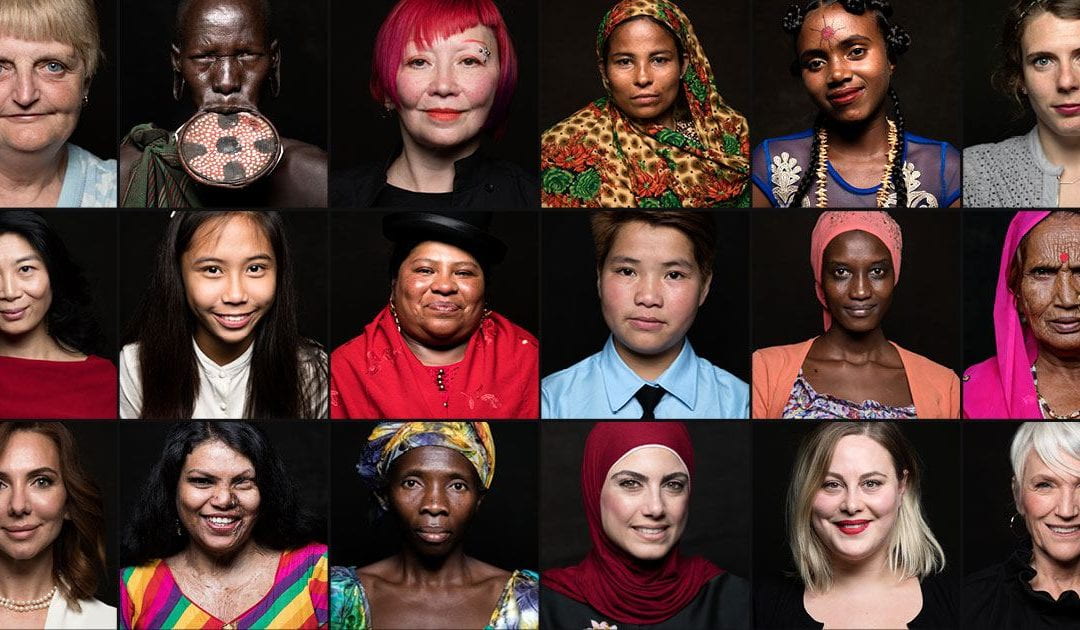
by Andrea Lorch | Oct 10, 2022 | All, CEDAW, Comparative Law, Human Rights, Iran, Protests, Women
Over the last three weeks, protests have erupted across Iran in response to the death of Mahsa (Jina) Amini. Mahsa (Jina) Amini was a 22-year-old woman from Kurdistan who was arrested by the morality police, a special sect of law enforcement, in Tehran for “immodest...

by Connor Noel | Mar 24, 2022 | All, Comparative Law, Europe, European Union, Japan, Uncategorized
Patent rights are utilized across the globe to guarantee the rights of inventors and patent holders against infringement and misuse of their invention. The value of patents lies in the exclusivity to enjoy the oftentimes substantial economic benefits through the...

by Elizabeth Schroeder | Mar 21, 2022 | All, Comparative Law, North America, Uncategorized
A note on language: I use both “identity-first” (disabled person) and “people-first” (person with a disability) language throughout this article. People with disabilities are not a homogenous group, and different people have distinct preferences of how they would like...

by Laura Holt, Rebecca Nica and Arturo J. Carrillo | Mar 19, 2022 | All, Comparative Law, Middle East & North Africa, Pakistan, Special Features, Uncategorized
March 2022 This article was prepared by members of the GW Law Civil and Human Rights Law Clinic as part of the Clinic’s research and advocacy from 2020 to 2022. I. Introduction In Pakistan, criminal defamation laws are aggressively used by both civilians and the...

by Sabrina Rodriguez | Feb 16, 2022 | All, CEDAW, Comparative Law, Europe, European Union, Human Rights, Middle East & North Africa, Public International Law, United Nations, Women
Overview Violence against women is a world-wide problem. It is not regional and it does not discriminate. It affects women of all cultures and religions. Even though statistics might be lower in Europe and The Americas, it is mostly due to them being more developed...

by Renée Lettow Lerner | Jan 24, 2022 | All, Comparative Law, Criminal Procedure, Europe, Human Rights, Italy, Philosophy of the Law
Note: This is the third and final post of a three-part series on inquisitorial procedure and its lessons for the U.S. criminal justice system. The first post explained the importance of making the results of the investigation fully available to the defense counsel and...







